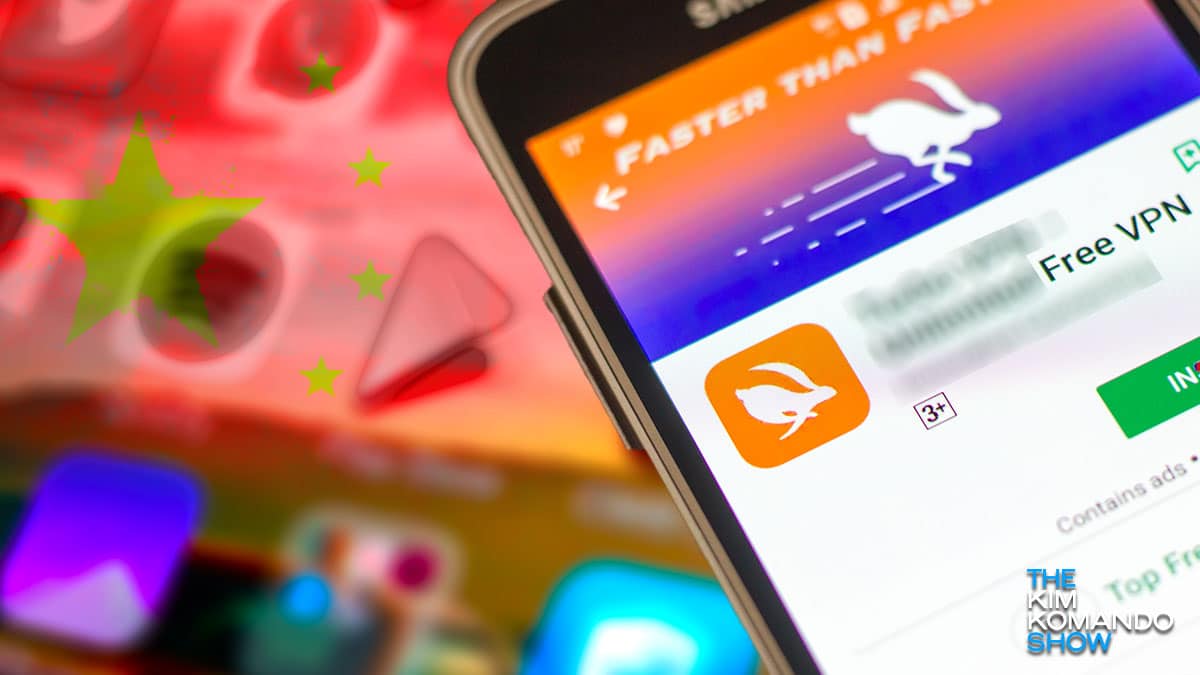This week’s cyberattack on one of the largest health systems in the U.S., Ascension, was bad — really bad. Plus, a controversial Apple iPad ad, more Cybertruck problems, and Roblox adds virtual billboards to the game.
5 countries rolling out the remote work red carpet

What if “work from home” became “work from beach?” One of the most attractive benefits of remote work is being able to operate from literally anywhere. Well, anywhere with the internet, at least.
Luckily, vacation destinations worldwide are opening their arms to digital nomads, making it easier than ever to take advantage of our newfound remote freedom. From cheap visas to moving incentives, here’s who’s rolling out the red carpet to remote workers worldwide, starting with the basics: Wi-Fi.
(Struggling to stream? These apps will troubleshoot your Wi-Fi connection.)
Top 5 countries with “workable” internet:
- Thailand – Speeds up to 196.20Mbps and an average temperature of 80 degrees. Thailand’s median download speed is hefty enough to support multiple video streams while simultaneously uploading high-res photos and videos.
- Spain – Speeds up to 172.04Mbps, with a chance of paella. Spain’s got you covered if you want to do more than just email co-workers and dabble in Excel.
- Romania – Speeds up to 171.15Mbps to live your Audrey Hepburn Vespa fantasy. Wait, that movie was “Roman Holiday,” wasn’t it?
- Hungary – Speeds up to 134.43Mbps for you to stream from its famed thermal spas. Nothing like a soak to de-stress from a long day of video calls.
- Portugal – Speeds up to 128.50 Mbps — plenty for your pictures of pastel de nata. Plus, its high-speed rail gets you from Lisbon to Porto in under 3 hours for under $30!
Ok, you’ve got the connection, but now you need the credentials.
Visit via Visas
You must get a work visa to stay in a different country for an extended period.
The good news: Since the explosion in remote work, many countries now offer a remote work visa so digital nomads can stay longer (and spend more). It’s a win-win since your dollar will stretch even further in most places.
They even coined a nifty new term for digital nomads who settle abroad: Techpats. They are not quite permanent ex-pats, but definitely travelers who are in the country to enjoy more than a pina colada or two.
Today, 50+ countries offer some form of digital nomad visa.
Techpat welcome mat
Do you use these popular apps with ties to China?

While the U.S. government is busy contemplating a ban on TikTok, another popular app has flown under the radar. Turbo VPN has been downloaded over 100 million times — and has had multiple Chinese nationals as directors.
Our hospitals are under attack
Sit, shoot, roll over: The U.S. Marines’ special ops division is testing armed robot dogs. Seriously. For now, they’ll still need a human to pull the trigger. The “Terminator”-like pups rely on AI to identify targets before asking their human operators whether to fire.
190.6 million people
Play video games at least one hour per week in the U.S. The majorities of Gen Alpha (79%), Gen Z (76%) and millennials (65%) game. Roughly 53% of Gen X games, while 47% of baby boomers play, too. Do you? I don’t.
Amazon Prime scam spreading ahead of Black Friday - how to spot it

Black Friday may be a time for shopping, but it’s also a field day for scammers and con artists. Desperate shoppers make attractive targets, and scammers will try all kinds of new tricks to steal credit card numbers and data from victims.
25 years in orbit
The journey of a long-lost spy satellite. The U.S. launched the satellite in 1974, lost track of it in the ’90s, and rediscovered it this month when its sensor came back online. Guess it wasn’t MIA — just MIO (missing in orbit).
Tanks a lot: A Florida man is spending six-and-a-half years in prison after making $100 million selling phony Cisco gear for classified systems used by the U.S. Air Force, Army and Navy. Most of these devices were sold on Amazon and eBay. Yup, our military bought fake gear on eBay.
This guy will get you to sleep, seriously
Can’t seem to get to bed? Benjamin Boster reads dry Wikipedia articles to help people catch some Z’s on his ‘I Can’t Sleep’ podcast. Bad sleepers say he’s changed their lives. Plus, woman duped by Keanu Reeves deepfake, U.S. military used fake Cisco routers, and new Apple iPads.
China preps to hack the U.S.
The FBI says Chinese gov-backed hackers are waiting to ‘deal a devastating blow.’ Plus, Taylor Swift’s album leaks, Meta’s AI chatbot goes live, and lots of big retailers are shutting down (so long, 99 Cents Only store).
20% of produce contains unsafe levels of pesticides
For produce in U.S. grocery stores. Takeaways from Consumer Reports’ analysis: Bell peppers, blueberries (even frozen) and potatoes must be organic to be safe. Celery, collard greens and strawberries must be U.S.-grown or organic to be safe. And green beans must be U.S.-grown and organic to be safe. tl;dr: Buy organic when you can.
Cyberattack paralyzes U.S. pharmacies
Can’t fill your prescription? Here’s why, and what you can do about it.
Radio remains the most listened to audio source in America
Why are AM and FM radio still king in the U.S.? Find out why lawmakers want them in every car, in just 60 seconds.
